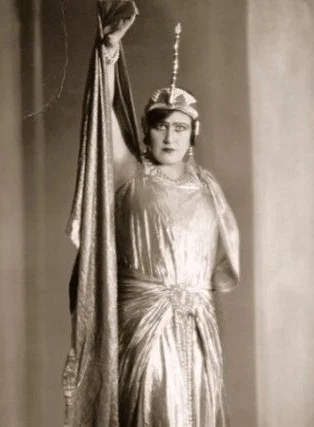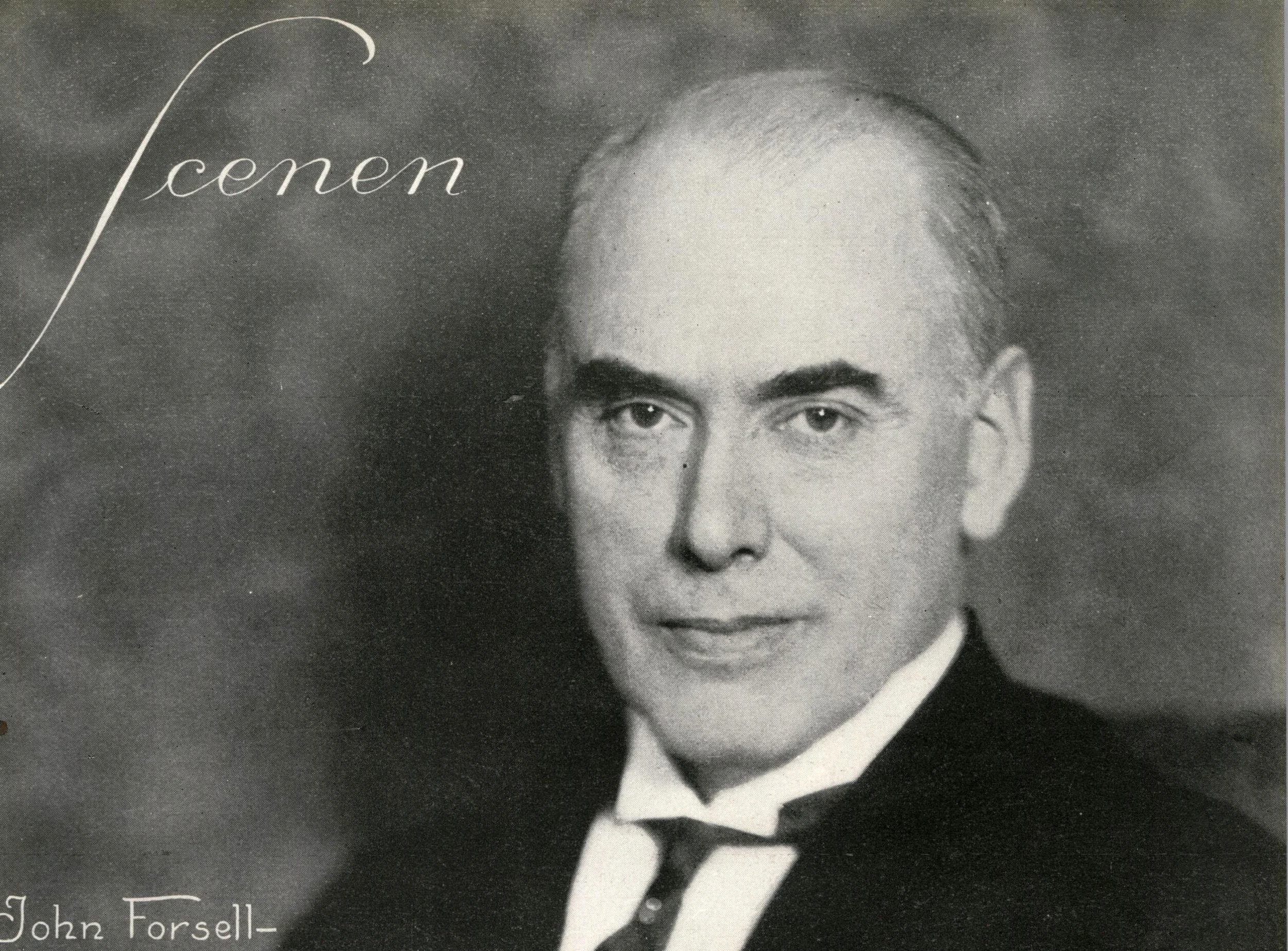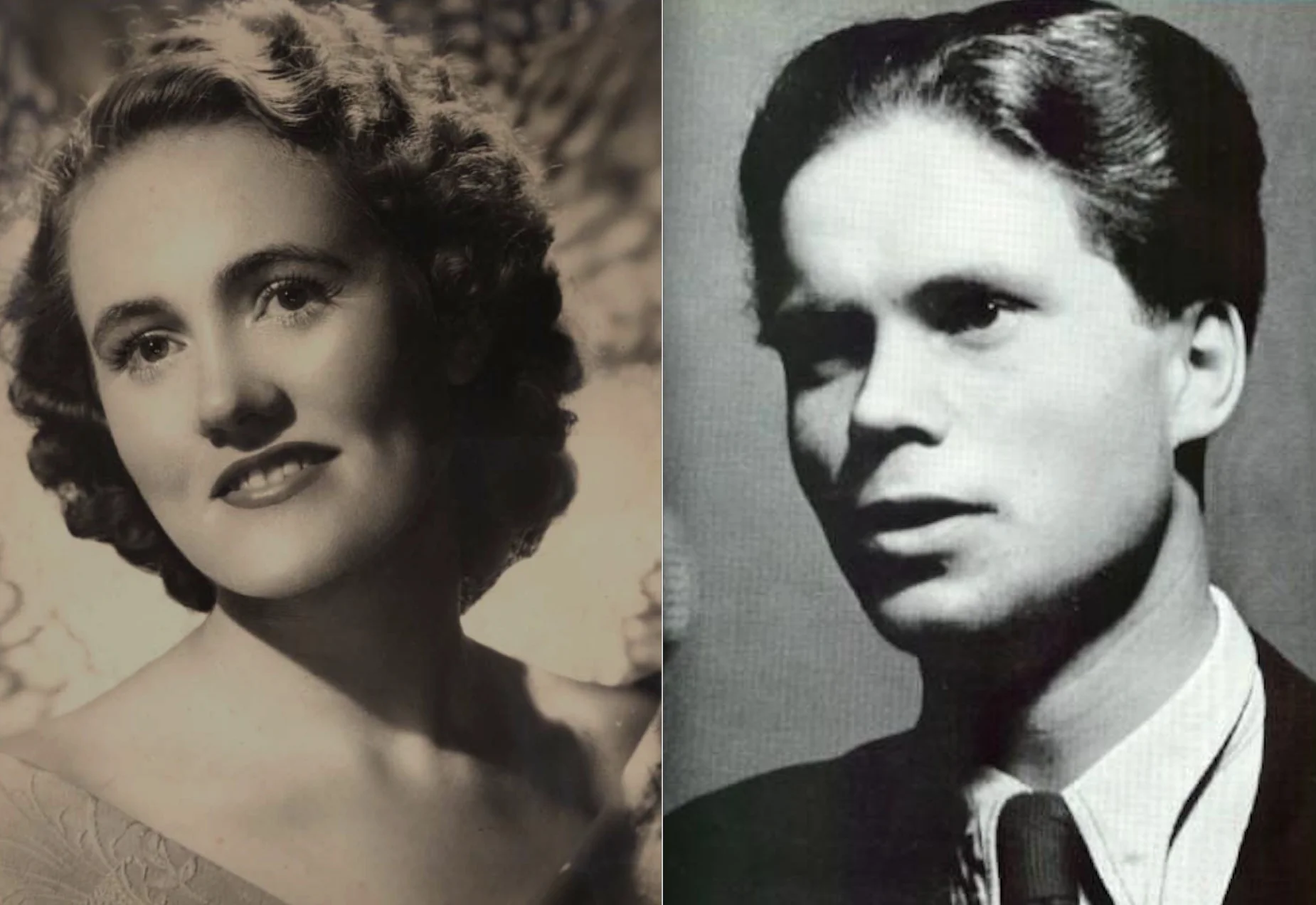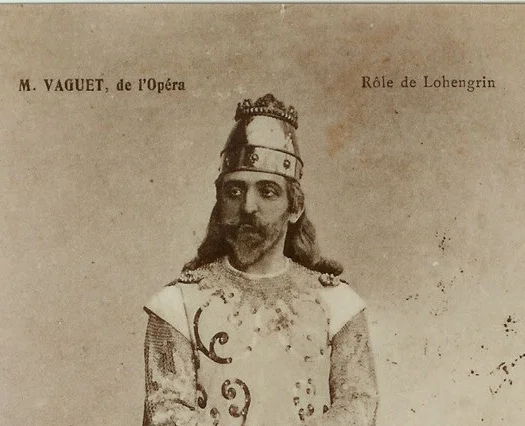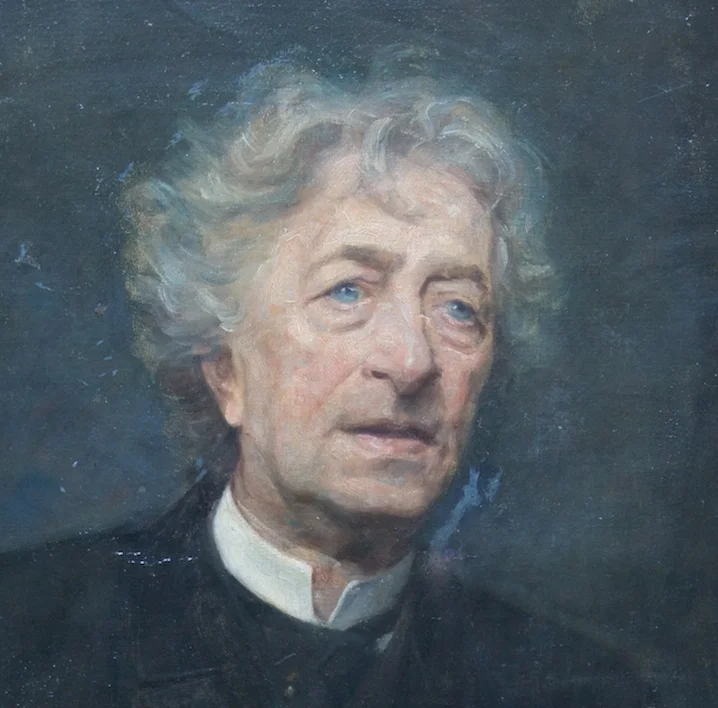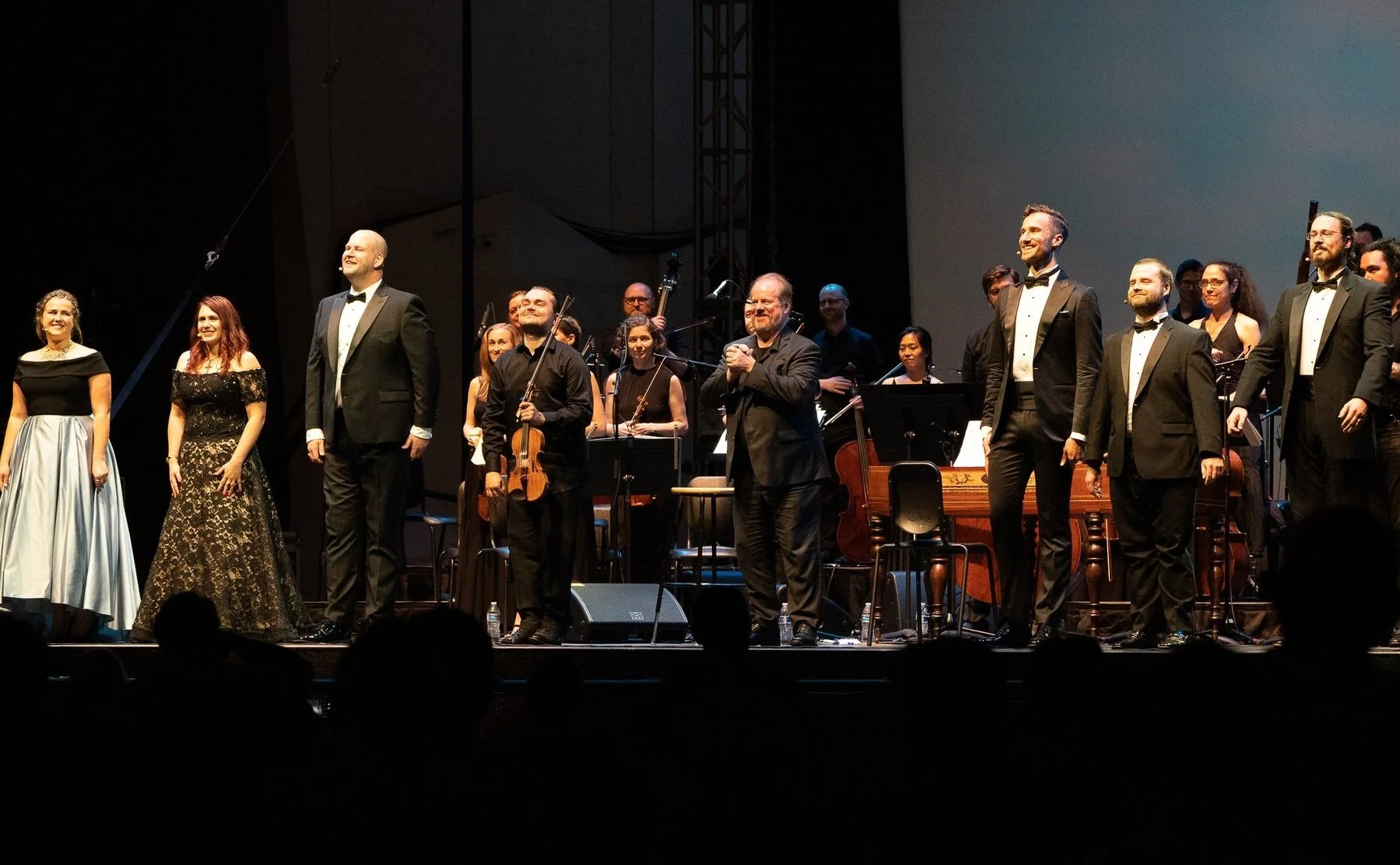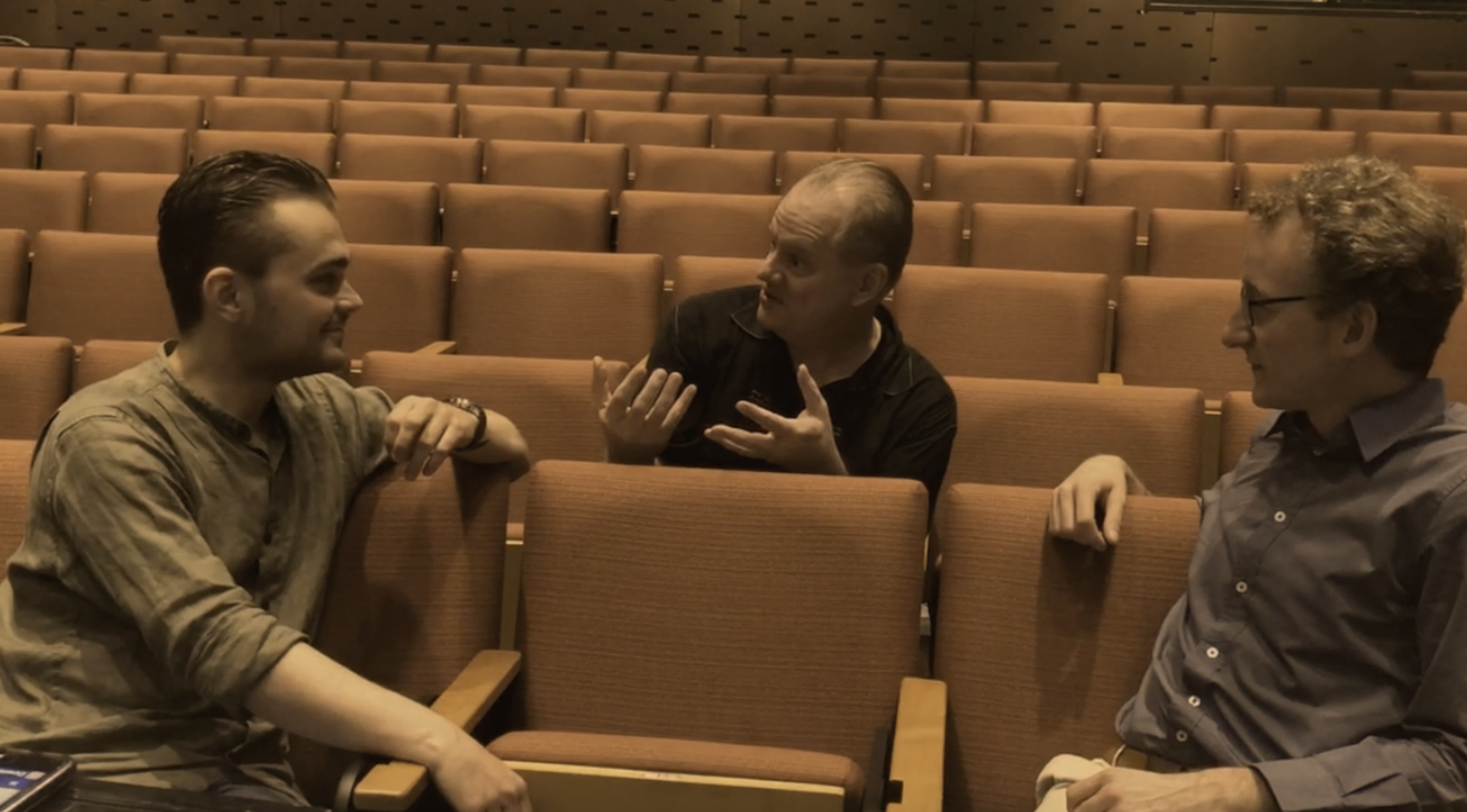Giuseppe Verdi (1813~1901)
Macbeth
(Original 1847 version)
Saturday, July 19, 2025
Alexander Kasser Theater, Montclair State University
Wednesday, July 23, 2025
New York City Center
Libretto: Francesco Maria Piave, with additions by Andrea Maffei
Premiere: 14 March 1847, Teatro della Pergola, Florence
| Macbeth, Thane of Glamis, general in King Duncan's army | Ricardo José Rivera |
| Lady Macbeth, his wife | Alexandra Loutsion |
| Macduff, Thane of Fife | Martin Luther Clark |
| Banco, general in King Duncan's army | Cumhur Görgün |
Teatro Nuovo Chorus and Orchestra
Jakob Lehmann, Maestro Concertatore e Direttore
Macbeth in all its boldness
Giuseppe Verdi revised all but nine of his 27 operas after their premieres, and watching him in his repair shop is a masterclass in musical drama.
“This opera, that I love above all my others”
Sometimes the touchups were for a particular situation and did not go into the published score; sometimes they were so global that the result was a new opera with a different name. Sometimes they involved musical improvements or additions without major alteration to the shape of the work.
But in four cases–Macbeth, Simon Boccanegra, La Forza del Destino and Don Carlos–he left us two quite radically different versions of the same title. In all four, the “new” music is wonderful: Italy’s greatest operatic master at the peak of his form. Why then revive their first versions?
“Verdi was a great composer in all phases of his long career”
The answer is that Verdi was a great composer in all phases of his long career, and so we haven’t really heard all his operas until we’ve heard both versions of those four. The case is probably strongest for Macbeth, because the familiar score, wonderful as it is, veers a little disorientingly between music written before Il Corsaro and Luisa Miller and music written after Un Ballo in Maschera and La Forza del Destino.
“An impact and a fierce drive all its own”
Teatro Nuovo is reviving the original 1847 Macbeth so that we can hear in its full rude boldness “this opera, that I love above all my others,” as the composer wrote in dedicating it to his benefactor and father-in-law Antonio Barezzi. The Verdi of Nabucco, I Lombardi, Ernani and I due Foscari, confronting his beloved Shakespeare for the first time, carved Macbeth from a single block of marble. The subtleties of the 1864 rewrite are compelling and will never be forgotten, but the unified vision of the young composer striking out on new paths has an impact and a fierce drive all its own. The Macbeths themselves seem younger: more bloodthirsty, more violent and energetic, less pensive. The chorus of Scots suffering under their misrule is that of the Risorgimento Verdi, straight from the hand that had so recently given the world “Va, pensiero, sull’ali dorate.”
“A must-see for the true Verdian”
The first Macbeth is a must-see for the true Verdian, and the perfect opera for extending Teatro Nuovo’s dynamic original-instrument restorations to the next frontier.
- Will Crutchfield
Full information on Macbeth and its two versions will be added this spring.
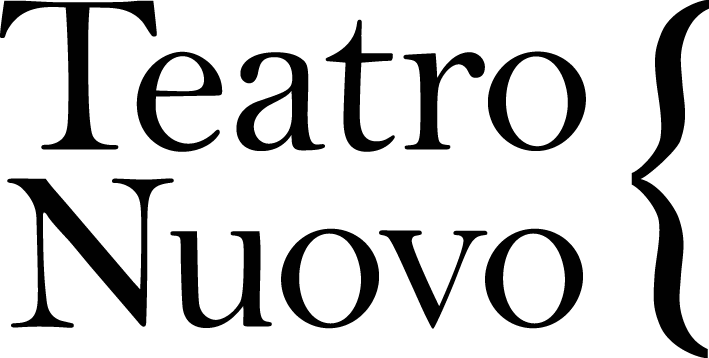














![Image 2 - Henry T. [Harry] Burleigh - Detroit Public Library.jpeg](https://images.squarespace-cdn.com/content/v1/596bb4e703596e837b624445/1591713684327-N7HW488JSZ7EN8T5AJSR/Image+2+-+Henry+T.+%5BHarry%5D+Burleigh+-+Detroit+Public+Library.jpeg)







